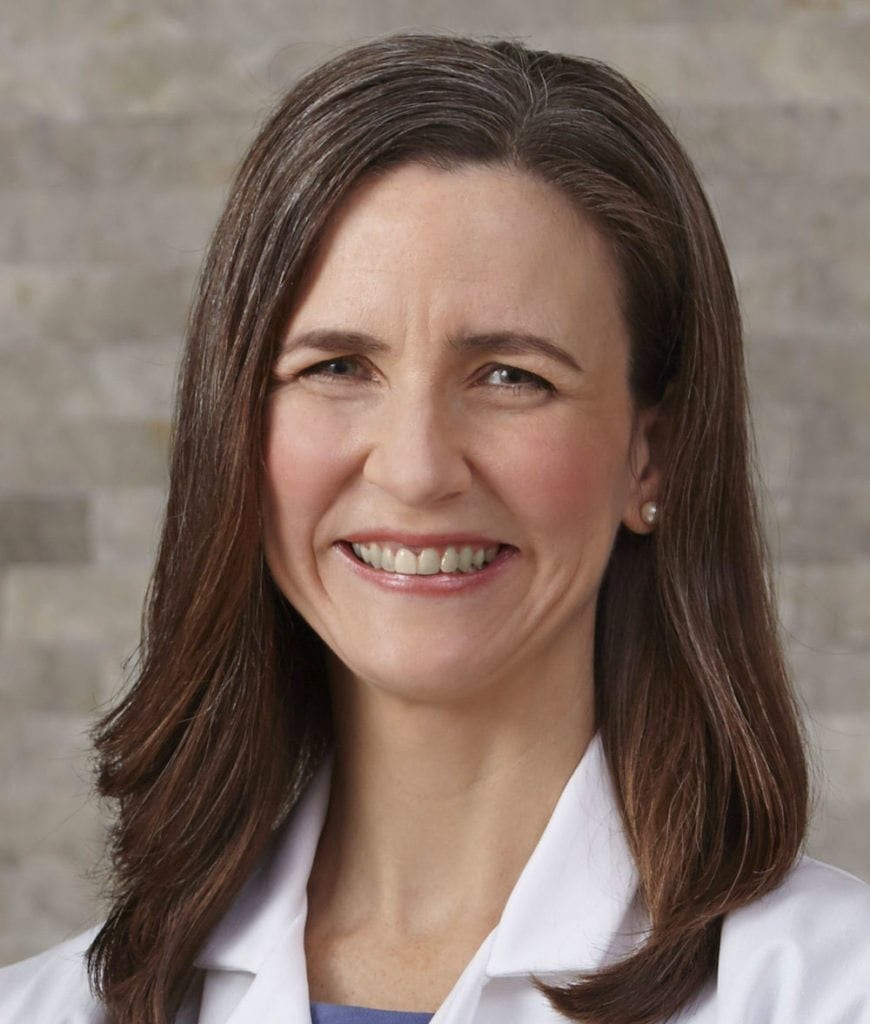 Chemotherapy is an effective way to treat and prevent the spread of breast cancer, but new research suggests it is not always necessary.
Chemotherapy is an effective way to treat and prevent the spread of breast cancer, but new research suggests it is not always necessary.
A recent study found that breast cancer has been highly over treated with chemotherapy and doctors can now confidently provide an alternative treatment known as Endocrine Therapy.
However, each patient is different with a unique set of circumstances. Chemotherapy is necessary in advanced stages, as well as early stages when specific characteristics are present, such as spreading to the lymph nodes or other body parts.
Doctors have provided women with chemo treatment after mastectomy surgery and lumpectomy surgery for years to prevent the spread and recurrence of cancer. What has changed?
It may seem both enticing and scary go without Chemotherapy. The side effects are physically demanding, yet it’s proven for years to kill cancer in the body and keep it from spreading.
However, according to the recent New York Times article based on a clinical study, TAILORx, published in the New England Journal of Medicine, about 96% of women with an early-stage diagnosis are over treated with Chemotherapy.
The medical study tested more than 10,000 women with 70% in the testing range that foregoes chemotherapy treatments. These women were then divided into two groups. Half received chemotherapy after surgery and radiation; the other half did not.
Seven years of follow-up on these patients proved that Chemo has no advantage to Endocrine Therapy, a treatment with less harsh side effects. (Source)
Which treatment plan is right for me? Does it matter if cancer has spread to the lymph nodes or other body parts?
If cancer has spread to lymph nodes or other body parts, Chemo is more likely necessary.
If it is contained in the breast, we will conduct a genomic test, known as Oncotype DX, from a sample of the removed mass. Women may not need chemo treatment if the following characteristics are present:
- The diagnosis is early stage. (Stage I or II).
- Cancer has not reached the lymph nodes.
- The tumor is less than five centimeters.
- The HER2 protein is negative.
- The woman is sensitive to estrogen.
- Genomic test results are below 25.
To clarify, HER2 is a protein that surrounds all breast cells. The protein naturally stimulates growth. But when a woman expresses HER2 receptors, this is called HER2 positive, which indicates a more aggressive breast cancer may be present.
Results of Genomic tests (such as Oncotype DX) range from 0-100. These numbers indicate a Recurrence Score. It has been shown that a score of 10 or less is a low chance of recurrence and that scores greater than 25 are high risk for recurrence, but for years the unknown has been the middle range, 11-25, until TAILORx was published.
This clinical study now gives doctors confidence in providing radiation and Endocrine Therapy over Chemotherapy if the criteria are met.
What is the cost of the test?
Oncotype DX costs about $4,000 but, according to Genomic Health, 90% of insured Americans carry an insurance policy that will cover the testing.
If your insurance does not cover this specific test, Dr. Gorman’s office will help you contact your insurance company to try to receive more financial assistance. Insurance companies may choose to help cover the test since the cost of Chemo and radiation are more expensive. (Source)
How does endocrine therapy help reduce the recurrence of breast cancer?
Hormone-receptor-positive breast cancer depends on estrogen and progesterone to grow and spread. When these hormones are decreased in the body, the cancer cells cannot thrive. Endocrine Therapy stops the body from producing estrogen, and/or blocks cells from using the hormone to grow.
Endocrine therapy includes a few options. Depending on your circumstances Dr. Gorman may choose one of the following:
- Aromatase Inhibitors (AIs) – AIs stop the body’s tissues and organs from producing estrogen while allowing the ovaries to produce their natural amount. It is important that premenopausal women not use this therapy, as the drugs may increase production of estrogen in women who have not gone through menopause.
- Tamoxifen works in women who are both pre and postmenopausal by inhibiting cells to use estrogen, therefore decreasing and stopping growth.
- Ovarian Suppression stops the ovaries from producing estrogen through prescribed drugs or a surgical procedure. This option is for premenopausal women.
What diagnosis requires Chemotherapy?
When considering the right treatment for you, Dr. Gorman will take into account the stage and characteristics of the diagnosis.
Chemotherapy generally begins after surgery to rid the body of any cancerous cells. However, if the tumor is at an advanced stage, Chemo may be used to reduce the size before removing it.
Below is a list of the various stages of breast cancer and what might be expected:
Early Stage Breast Cancer (Stage I, Stage IIA and IIB, Stage III)
In early stages, chemo is necessary if:
- Cancer has spread to the lymph nodes.
- Test results are hormone-receptor-negative and HER2 positive. (This indicates cancer cells are not stimulated by hormone production and therefore will not decrease with a reduction in hormone levels. HER2 positive indicates aggressive cell growth.)
Advanced Stage Breast Cancer (Some Stage III and Stage IV)
Advanced stages are treated with chemo to destroy cancerous cells. Chemo medicines run throughout the entire body and are beneficial in killing cells that have spread to other areas, known as Metastatic cancer.
Many Chemotherapy medicines are available, and Dr. Gorman and your medical oncologist will determine the right medication for you based on your specific needs.
What are the side effects of Chemo versus Endocrine Therapy? How does each impact a woman’s health?
Side effects of Chemotherapy include hair loss, nausea, damage to the heart and nerves, and an increased risk of both infection and rare leukemia later in life.
Less severe, Endocrine Therapy increases menopausal-type symptoms such as hot flashes. Occasionally it also increases joint pain, muscle pain, and weight gain. One of the Endocrine Therapy drug options – Tamoxifen – rarely may increase the chances of cancer in the uterus. Most patients tolerate it very well.
Deciding on the proper medical treatment can be difficult. Dr. Gorman and her team dedicate themselves to offering patients an advanced, personalized and targeted approach to breast surgery and the treatment of breast cancer. Texas Breast Center is here to support you in all aspects of your treatment.

Valerie Gorman, MD, FACS, is a breast cancer surgeon. She is board certified by the American Board of Surgery and serves as Chief of Surgery and Medical Director of Surgical Services at Baylor Scott & White Medical Center – Waxahachie. She is the Clinical Assistant Professor of Medical Education position at the Texas A&M University College of Medicine.
- Certificate, Physician Leadership Program, Southern Methodist University, Dallas, Texas (2010)
- M.D., University of Texas Southwestern Medical School at Dallas, Texas (June 1999)
- B.S., Biola University, LaMirada, California, (1994) Magna Cum Laude
Major: Biochemistry - Residency in General Surgery, University of Texas Southwestern Medical Center at Dallas, Texas (June 2004)